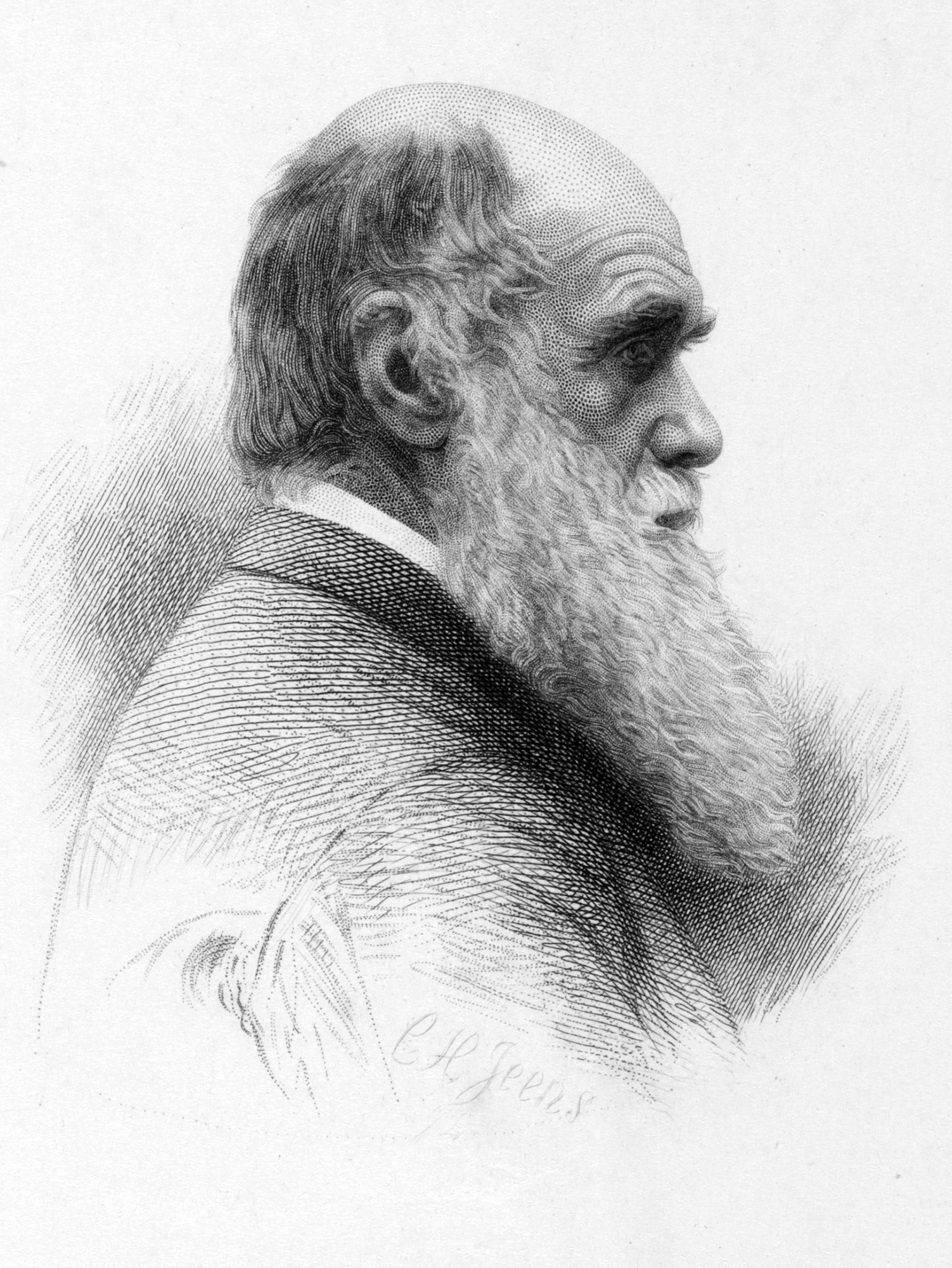Describes the lectures at medical school in London.
Classification consists of grouping beings according to descent from common stocks. Analogies are resemblances between forms not inherited from common stocks. Neither number of species nor grade of organisation should be considered in classification. Admits that caution is necessary in admitting a few species to form a group of rank equal to one containing many species.
Explains what he means when he attempts a "natural classification", defining his words and using man as a standard; gives examples. Classification of Aptera and Diptera.
Discusses his discharge from the Zoological Society. Is to see Robert Brown about the British Museum position.
Discusses intestinal worms among humans.
Comments on origin of human races.
Discusses American Negroes and their parasitic lice. Henry Denny's need for lice specimens.
Discusses effects of racial crosses in man.
Describes his trip to Yorkshire.
Comments on Sedgwick's review [of Vestiges of creation].
Mentions Humboldt's Kosmos. Criticises Humboldt's geology.
CD upset because salted seeds do not float.
Has read a paper, presumably by JDH, using the Madeiran flora to argue against Forbes's doctrine.
JDH asked how far CD will go in attributing common descent; he intends to show "the facts & arguments for & against the common descent of species of same genus; & then show how far the same arguments tell for or against forms, more & more widely different".
European men choose partners for different reasons. Savages select more for bodily attraction than facial beauty.
Thanks WBDM for his reply [missing] to CD's previous letter [1603].
Asks for more details on the erratic blocks.
Asks also if there is good evidence that there formerly existed [in New Zealand] some animal with hair, like an otter or beaver.
Finally, do the uncivilised natives have the same ideal of [human] beauty as Europeans?
Responds to CD's queries on Sierra Leone: fertility of European animals introduced to W. Africa, relationship of health and complexion of Europeans, etc.
Darwin Correspondence Project
darwin@lib.cam.ac.uk
© University of Cambridge 2022
Website by Surface Impression



© 2024 University of Cambridge

